I was looking forward to going to Malcolm Williamson’s opera English Eccentrics set to a text by Edith Sitwell at the Peacock Theatre this week partly because my only experience of meeting the composer was so bizarre, not to say traumatic, that I haven’t been able to face listening to any of his copious output since. Not that there have been many opportunities, since he seems to be neglected in concert, on the radio and to a large degree on CD.
The week before the Queen’s Silver Jubilee in 1977 Rodney Long, the great doctor who successfully treated me for advanced alcoholism in 1971, phoned me up — he believed in keeping in touch with his former patients and encouraging them to help his present ones — and told me that the Master of the Queen’s Music was having difficulty completing a symphony for Her Majesty’s jubilee and even, I think, composing a fanfare. He asked me if he could give Malcolm Williamson my phone number. An hour later, Williamson called me, talked at enormous length — a remarkable proportion of his time was devoted to immense calls — and asked me to go and see him in his Barbican flat at the weekend. I agreed to, but the next day he called me again and told me it would be a waste of time, shortly after that calling me again and saying it was worth trying. His boyfriend, the distinguished organist Simon Campion, would meet me at Moorgate station.
So, on the Sunday afternoon I met Simon and was taken to the apartment, where Williamson, a small, puckish and handsome man, was industriously drinking gin, though Simon warned him that we had to go to a concert that evening to hear a new piece by him for string orchestra. That did nothing to stop Williamson’s intake and, sobbing at the memory of his disappearing genius, he put on a recording of a choral work, rather a beautiful piece, and sat swaying on the floor, until Simon helped him to fall upstairs to get into a suit. Some time later, he fell back down the stairs, and we got a taxi to St John’s Smith Square and took our places halfway back. Williamson writhed during Verklärte Nacht, then did the same during his own piece, at the end of which the conductor gestured to him. Simon and I helped him to his feet and he weaved his way to the front, the conductor leaning down with outstretched arm to shake his hand. But Williamson’s legs had a will of their own and a striking scene followed of the composer and the conductor failing to end up close enough together to make contact.
We left rapidly and took a taxi to a party given by the well-known music critic Denby Richards and his pianist wife, full of familiar figures from the musical world. Williamson pulled himself together, so far as that was possible, and moved round the guests delivering pretty ingenious and foul-mouthed insults to all of them, while reserving the most stinging for his hosts: ‘That’s fucked up your fucking party for you.’ We left hurriedly.
Back at the apartment, after a difficult journey, Williamson told me how much he hated himself. What could I say? How he loved Simon but they couldn’t stop infuriating one another, and so on. I have never met a person so consumed with self-hatred, so evidently able — if he so chose, in the small gaps between fits of drunken incoherence — to be charming, amusing, gossipy and even wise, and so evidently at a stage where there was nothing even the most sympathetic listener could do to help. Any compliment was treated as a spiteful taunt, any attempt at reassurance as a shallow and futile gesture, any suggestion that we might talk about anything other than his gifts, his torments, his deep Catholic faith, an impertinence. Finally, Simon put on another recording of one of his works, and quite soon Williamson was snoring and was dragged off to bed, after which Simon and I sat up for much of the night futilely discussing what could be done.
The next morning Williamson was up soon enough to phone a fellow composer and give a comprehensively withering description of me, while I had coffee: ‘He would only talk about Wagner,’ he said. In fact, the time I had spent with him was probably the longest in my adult life when I hadn’t mentioned or even thought about Wagner. I caught an early train back to Cambridge, and the next thing I heard was that the pair had been evicted from the Barbican and had ended up in Howard’s End, where Williamson remained for the next 26 years until his death.
Got something to add? Join the discussion and comment below.
Get 10 issues for just $10
Subscribe to The Spectator Australia today for the next 10 magazine issues, plus full online access, for just $10.

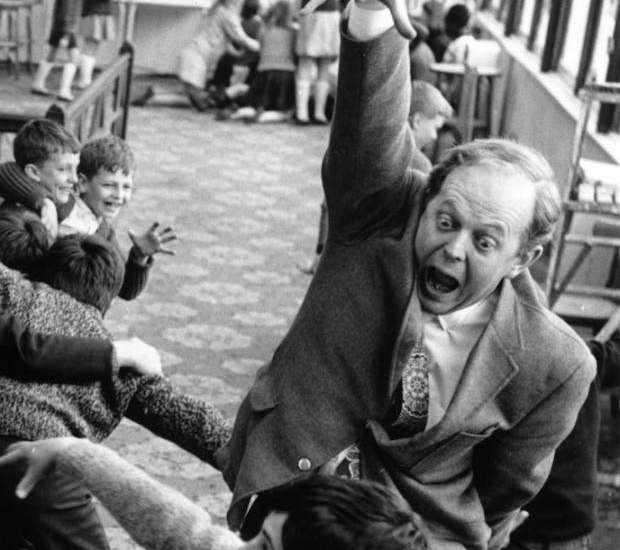
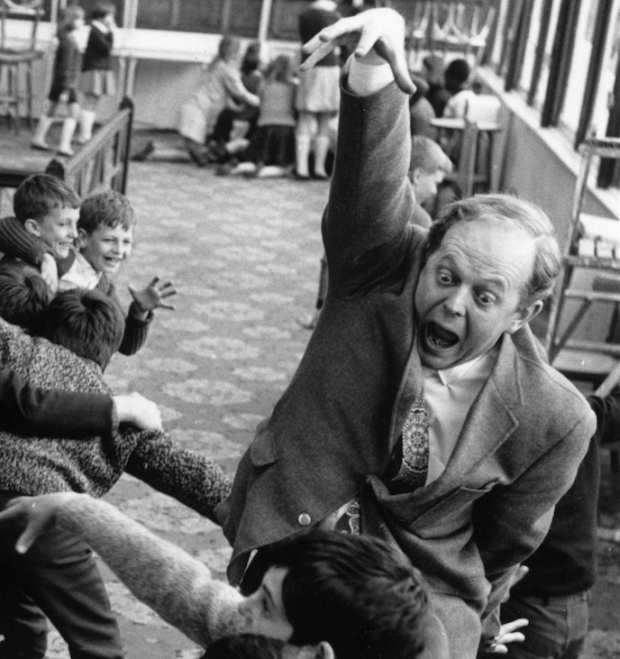
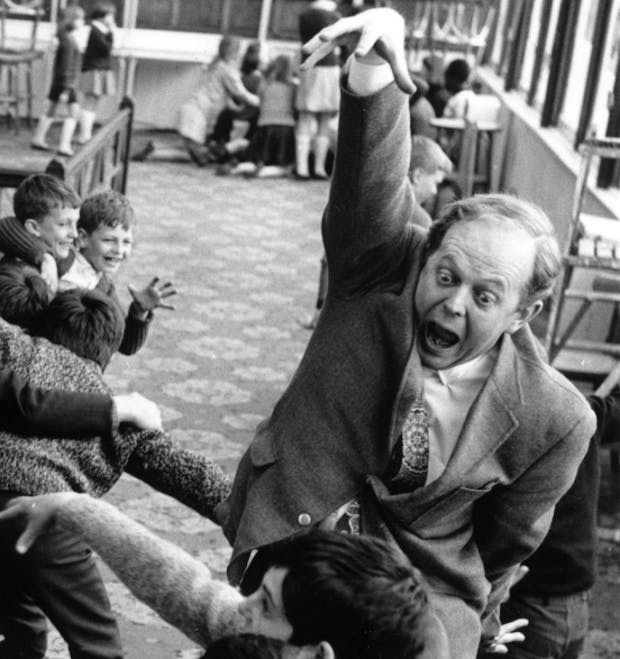
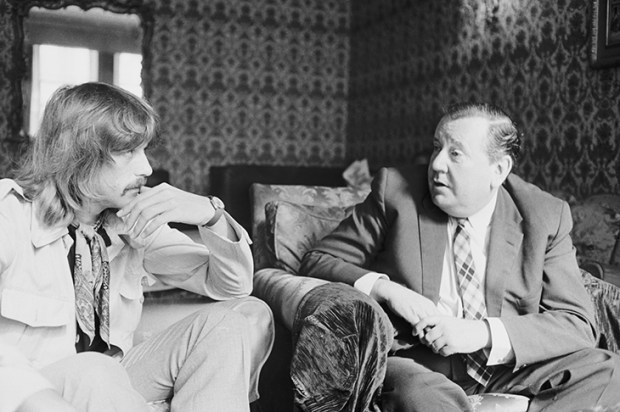
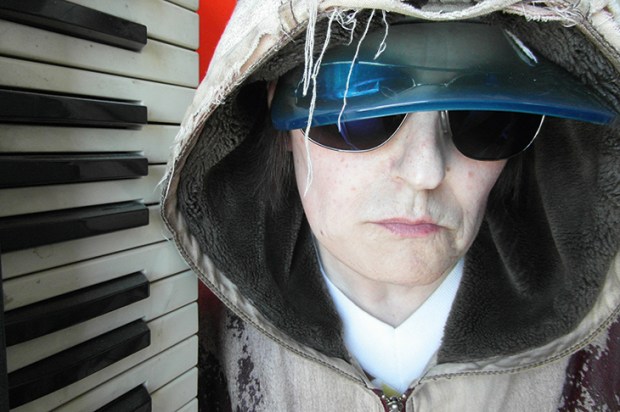
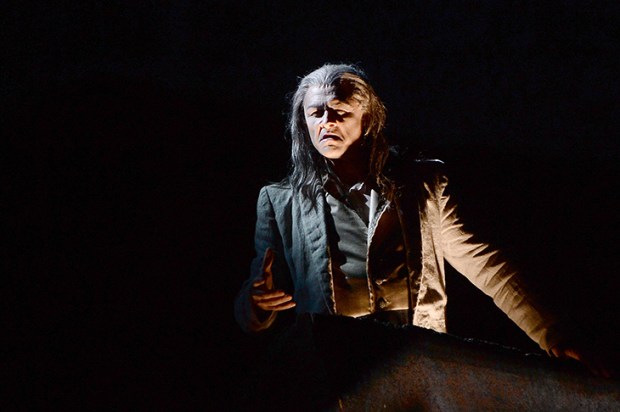
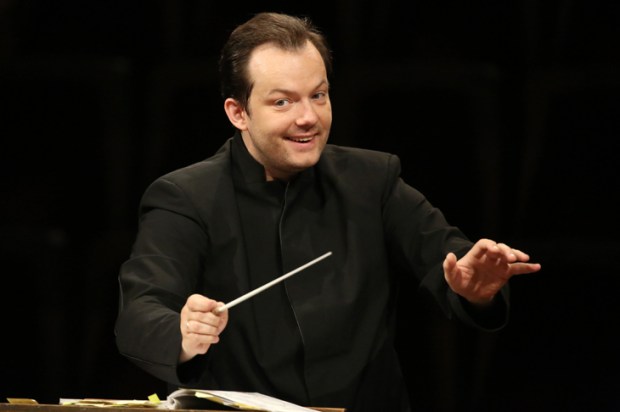






Comments
Don't miss out
Join the conversation with other Spectator Australia readers. Subscribe to leave a comment.
SUBSCRIBEAlready a subscriber? Log in